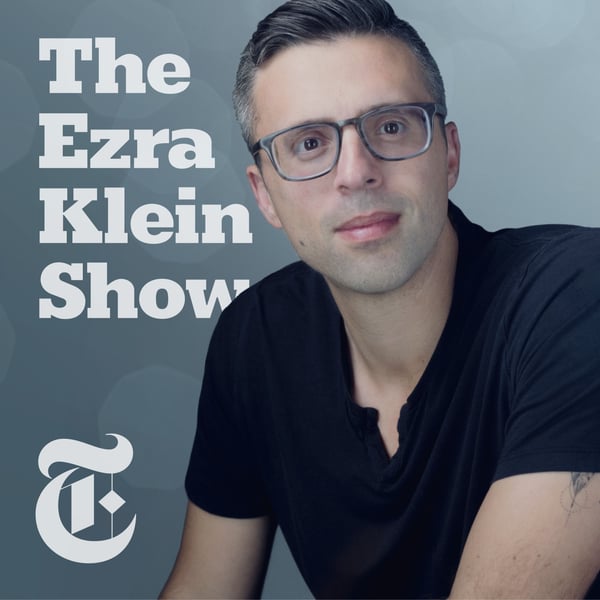The Freeing of the American Mind
The Ezra Klein Show
New York Times Opinion
4.6 • 11K Ratings
🗓️ 15 June 2021
⏱️ 64 minutes
🧾️ Download transcript
Summary
Transcript
Click on a timestamp to play from that location
| 0:00.0 | I'm Mr. Clan and this is the Ezra Clancho. |
| 0:17.5 | I've always been fascinated by the period in the 20th century. |
| 0:21.2 | When the American mind just seems to have opened up, it's just an explosive period in which |
| 0:27.0 | people will need to consider radically new political structures and ideas, liberation movements, |
| 0:32.4 | new forms of art, new forms of culture, new kinds of technology, and all at once compared |
| 0:37.7 | to when I grew up in the 90s, the end of history period, this period when it felt like the imagination |
| 0:43.8 | of politics had become sharply constrained. |
| 0:46.2 | It always felt like such a time of really different and intellectual ferment. |
| 0:51.7 | So much more was up for grabs. |
| 0:53.2 | People from all society could be shaped into such radically different forms. |
| 0:57.6 | I think a bit of that's returning. |
| 0:58.6 | I think this era is different than the 90s or odds era. |
| 1:02.5 | But even so, I don't think it's like it was then. |
| 1:04.8 | I think we feel our path is more set, whether or not it really is. |
| 1:09.1 | Louis Menand is a New Yorker staff writer. |
| 1:11.4 | He's a professor of English at Harvard and the author of a really fascinating and expansive |
| 1:17.4 | new survey of arts, politics, and culture in the post-war period called the Free World. |
| 1:22.2 | And one thing he takes super seriously in the book, and that I really appreciated about |
| 1:25.6 | it, was this interplay between art and politics. |
| 1:28.6 | The way ideas of freedom began driving the arts into new directions and how those new |
| 1:33.2 | directions helped create the world, politically, culturally, socially, that we live in now, |
| 1:39.9 | both for better, by the way, and for worse. |
... |
Please login to see the full transcript.
Disclaimer: The podcast and artwork embedded on this page are from New York Times Opinion, and are the property of its owner and not affiliated with or endorsed by Tapesearch.
Generated transcripts are the property of New York Times Opinion and are distributed freely under the Fair Use doctrine. Transcripts generated by Tapesearch are not guaranteed to be accurate.
Copyright © Tapesearch 2025.

